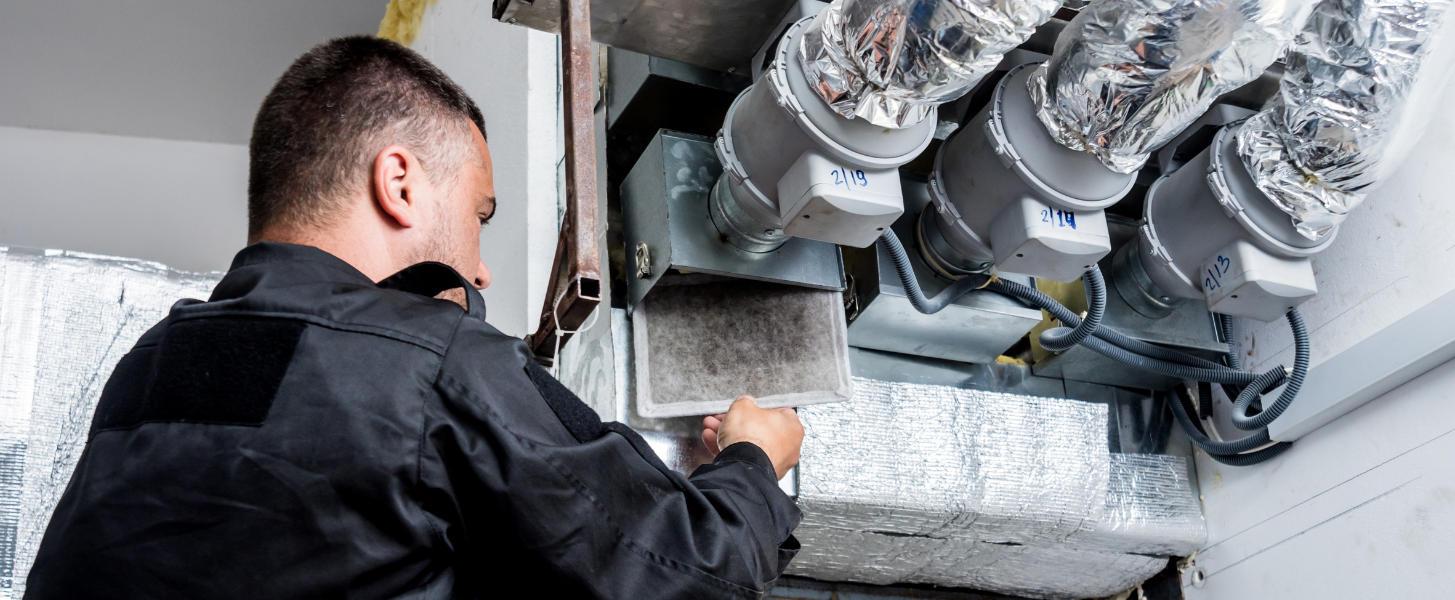Commercial leasing is a substantial commitment that profoundly impacts both the operational efficiency and financial health of a business. To navigate this complex landscape effectively, a strategic approach to budgeting is essential. Crafting a comprehensive budgeting strategy empowers commercial tenants to maximize the value derived from their leases while maintaining control over their expenses.
Why Budgeting is Crucial for Commercial Tenants
- Manages Costs: Helps forecast and control total occupancy expenses, including rent and utilities.
- Maintains Stability: Provides a clear view of financial obligations and cash flow to ensure smooth business operations.
- Aids Negotiations: Empowers tenants to secure favorable lease terms by understanding their financial limits.
- Optimizes Expenses: Identifies cost-saving opportunities and improves efficiency through regular review.
- Supports Planning: Assists in long-term planning for growth and unforeseen expenses.
- Mitigates Risks: Prepares for contingencies and market fluctuations, maintaining stability.
- Enhances Control: Allows better management of spending and alignment with business goals.
Here’s a comprehensive guide to budgeting best practices that can help commercial tenants optimize their lease agreements and manage their costs effectively.
1. Understand Your Lease Terms Thoroughly
Before you can start budgeting, you need a comprehensive understanding of your lease terms. This foundation allows you to predict costs accurately and avoid surprises. Key aspects to examine include:
- Rent Structure: Determine whether your lease is a gross lease, where you pay a fixed amount that covers rent and some or all of the property’s operating expenses, or a net lease, where you pay a base rent plus a share of the property’s operating expenses (like utilities, maintenance, and taxes).
- Rent Escalations: Understand how your rent will increase over time. Escalation clauses can be based on fixed amounts, percentages, or tied to indices such as the Consumer Price Index (CPI).
- Operating Expenses: Identify which operating expenses you are responsible for. This can include CAM charges, property taxes, and insurance. Ensure you know how these are calculated and allocated.
- Additional Costs: Be aware of any additional costs, such as utility expenses, janitorial services, or maintenance fees, which might not be included in your base rent.
2. Create a Detailed Budget
Developing a detailed and realistic budget is the cornerstone of effective lease management. Break your budget into several key components:
- Fixed Costs: These include your base rent and predictable operating expenses. Fixed costs are relatively stable and can be accurately forecasted over the lease term.
- Variable Costs: Include expenses that can fluctuate, such as utilities, maintenance, and repairs. It’s essential to estimate these costs conservatively to avoid budget shortfalls.
- Contingencies: Set aside funds for unexpected expenses or fluctuations in operating costs. Contingency budgeting helps cushion the impact of unforeseen events, such as emergency repairs or significant increases in utility rates.
3. Forecast and Plan for Lease Renewals or Expansions
Anticipating future needs and changes is a critical aspect of lease management:
- Lease Renewal: Budget for potential costs associated with lease renewals, including market rate adjustments and negotiation fees. Understanding your renewal options early can help you plan financially and strategically.
- Expansion Needs: If your business is likely to grow, consider the financial implications of needing additional space. Budget for potential upgrades or renovations and the associated costs of expanding your lease footprint.
4. Prioritize Maintenance and Upgrades
Regular maintenance and timely upgrades can prevent costly repairs and extend the life of your leased space:
- Scheduled Maintenance: Budget for regular maintenance activities, such as HVAC servicing, plumbing checks, and electrical inspections. Preventative maintenance helps avoid unexpected breakdowns and costly emergency repairs.
- Capital Improvements: Plan for significant improvements or renovations that can enhance the value and functionality of your leased space. Capital improvements can include energy-efficient upgrades, technology integrations, or aesthetic enhancements.
5. Negotiate Favorable Lease Terms
Effective negotiation can lead to more favorable lease terms, reducing costs and increasing value:
- Rent Escalation Clauses: Aim to negotiate caps on rent increases or favorable escalation formulas. Fixed percentage increases can provide predictability, while CPI-based increases can offer protection against high inflation.
- Incentives: Seek incentives such as rent abatements (periods of free or reduced rent), tenant improvement allowances, or moving allowances. These incentives can significantly reduce your initial and ongoing lease costs.
6. Monitor and Control Operating Expenses
Keeping a close eye on operating expenses ensures that costs remain within budget and comply with lease terms:
- Expense Audits: Regularly audit your operating expenses to ensure accuracy and fairness. This includes reviewing CAM charges and other shared expenses. If discrepancies are found, address them promptly with your landlord.
- Energy Efficiency: Invest in energy-efficient technologies and practices to reduce utility costs. This can include upgrading to LED lighting, implementing energy management systems, and encouraging energy-saving behaviors among employees.
7. Utilize Technology and Professional Services
Leveraging technology and professional services can streamline lease management and enhance budgeting accuracy:
- Lease Administration Software: Implement lease management software to track lease terms, critical dates, and expenses. These tools can provide valuable insights and help you stay organized.
- Professional Advice: Engage real estate professionals, accountants, and legal experts to help navigate complex lease terms, optimize budgeting strategies, and ensure compliance with lease obligations.
8. Review and Adjust Budget Regularly
A static budget can quickly become outdated. Regular reviews ensure your budget remains accurate and relevant:
- Quarterly Reviews: Conduct quarterly budget reviews to assess performance and make necessary adjustments. Compare actual expenses against budgeted amounts and identify any variances.
- Forecasting: Use historical data and market trends to forecast future expenses. This proactive approach allows you to adjust your budget and plan for anticipated changes.
9. Stay Informed About Market Trends
Keeping abreast of market trends helps you anticipate changes and make informed decisions:
- Market Research: Stay updated on local real estate market conditions, including vacancy rates, rental trends, and economic factors. This information can provide leverage during lease negotiations and renewals.
- Economic Conditions: Monitor broader economic conditions that could impact operating costs or business performance. Understanding these trends can help you anticipate and budget for potential challenges.
10. Communicate and Collaborate Internally
Effective internal communication ensures that everyone involved in lease management is aligned and informed:
- Internal Alignment: Ensure that finance, operations, and real estate teams are aligned on budgeting strategies and lease management goals. Regular meetings and updates can facilitate collaboration and ensure that all departments are working towards common objectives.
- Feedback Loop: Create a feedback loop where employees can report issues or suggest improvements related to the leased space. This can help identify potential cost-saving opportunities and improve overall lease management.
By implementing these best practices, commercial tenants can proactively manage their lease-related expenses, optimize operational efficiency, and maximize the overall value derived from their leased properties. Effective budgeting not only enhances financial stability but also strengthens the tenant-landlord relationship through transparent and informed decision-making. Ultimately, a well-executed budgeting strategy enables tenants to focus on their core business activities while confidently managing their lease obligations.



